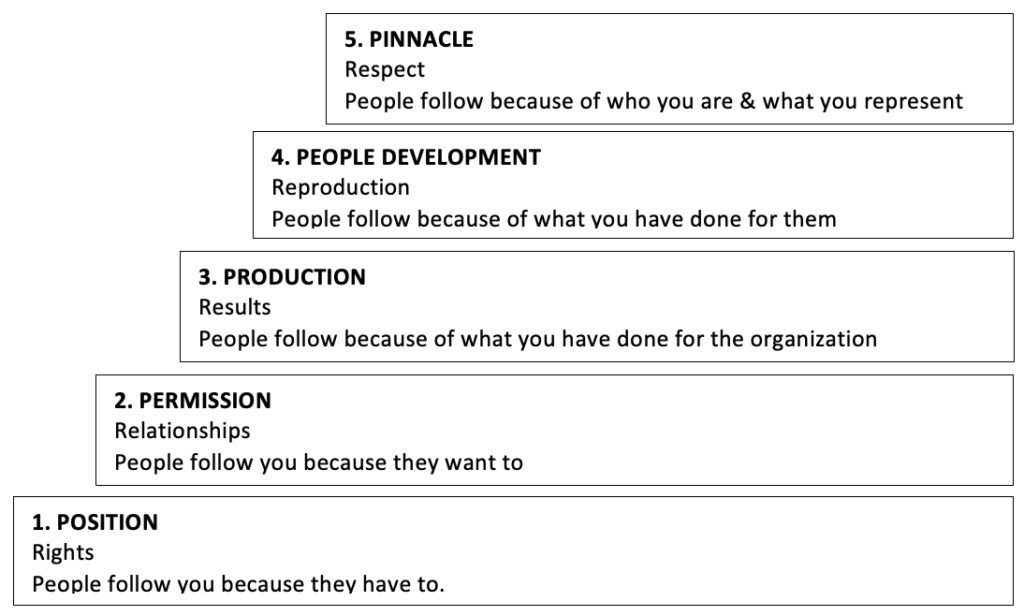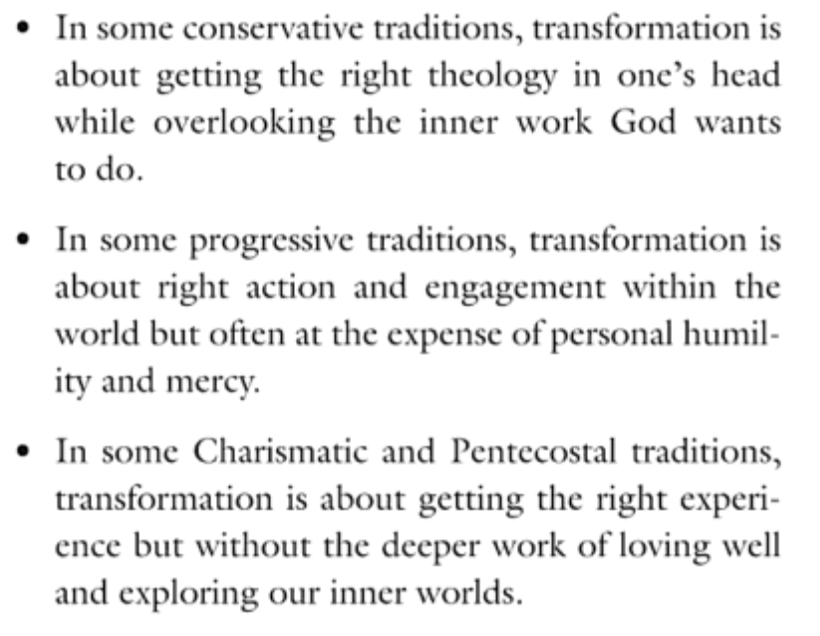2 Significant Warnings in 2021

June 24, 2021, at 1:25am Champlain Towers South collapsed. Three-thousand miles away in San Francisco the story of Millennial Tower fully breaks into the news. Currently the luxury tower has sank over 10 inches and is leaning over 8 inches. How do these two stories relate a prophetic word about the end of times from a Biblical perspective?
The Champlain Towers South collapsed suddenly in the early hours of the morning with many people in bed and sleeping without a thought of impending destruction. The photos and stories that emerged were gut wrenching to see and reflect upon. The Millennial Tower in San Francisco represents early warning signs that were being ignored going back as far as 2016 and has gradually progressed to the current dilemma. What do these illustrations mean to us from a biblical view? To offer a simple statement, scriptures are quite clear that sudden destruction is preceded by a gradual erosion of moral underpinnings of any society. Are we watching a dismantling of America?
How are we to frame the current national trends biblically? Does the Bible speak to the rising voices of socialism, globalism, pandemics, corruption, and a falling away from the Christian faith? Consider the following passages of scripture as a cursory starting point.
- “But as the days of Noah were, so also will the coming of the Son of Man be.” Matthew 24:37
- “All the world marveled and followed the beast.” Revelation 13:3
- “There will be…. pestilences…. in various places” Matthew 24:7
- “No one may buy or sell except one who has the mark or name of the beast.
Revelation 13:7 - “That Day will not come unless the falling away comes first.” 2 Thessalonians 2:3
- “Evil men and imposters will grow worse and worse, deceiving and being deceived.”2 Timothy 3:13
- “Many will be offended, will betray one another, and will hate one another. Then many false prophets will rise up and deceive many. And because lawlessness will abound, the love of many will grow cold.”Matthew 24: 10-12
- “Behold the days are coming, says the Lord God, That I will send a famine on the land.” Amos 8:11
- “This gospel of the Kingdom will be preached in the whole world as a testimony to all nations, and then the end will come.” Matthew 24:14
Today should not catch us unaware or unprepared. It is quite obvious the Bible has never been silent about what we are experiencing today. Become a prophetic voice and “forth-tell” God’s plan for such a time as this. YES, this is a dress rehearsal for the coming of Christ!











